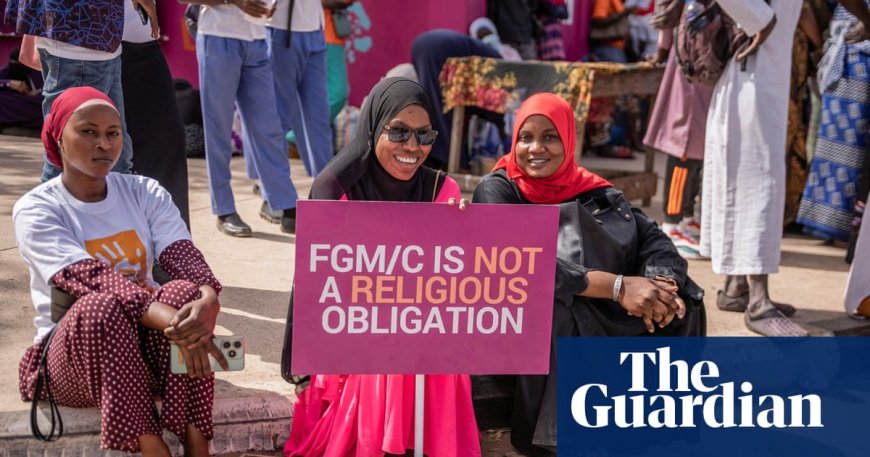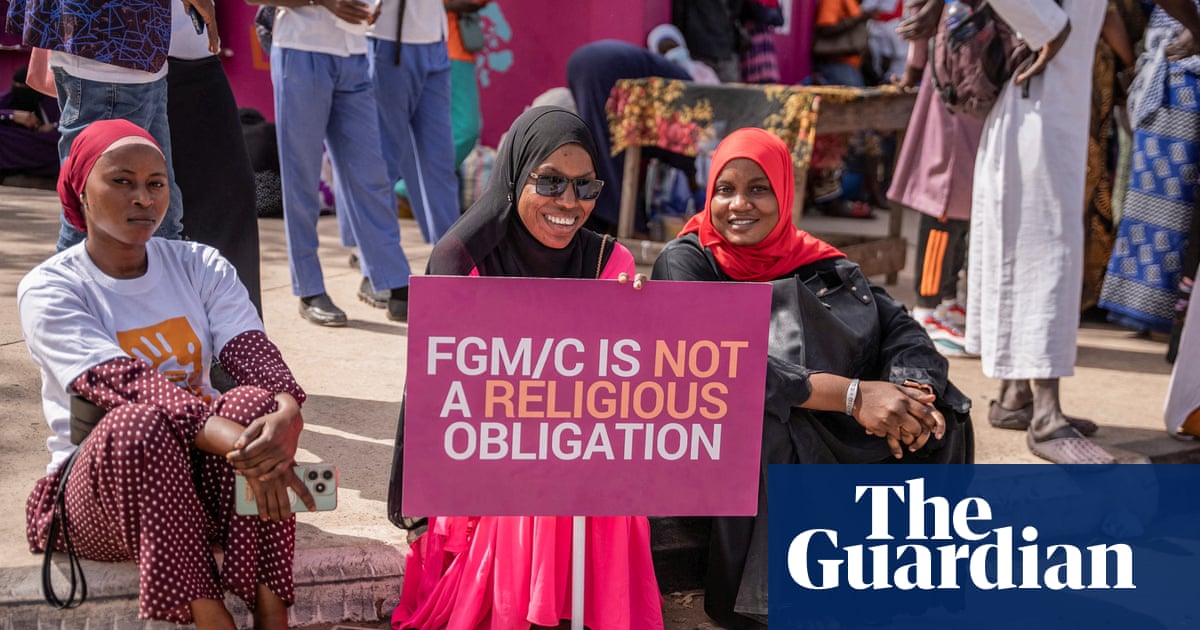‘Right to freedom from torture’: UN experts urge the Gambia not to decriminalise FGM
‘Right to freedom from torture’: UN experts urge the Gambia not to decriminalise FGM The Guardian

A Team of UN Experts Urges Gambian Lawmakers Not to Repeal Ban on Female Genital Mutilation

In a letter dated 8 April and made public on Thursday, a team of UN experts led by Reem Alsalem, the UN special rapporteur on violence against women and girls, has urged Gambian lawmakers not to repeal a ban on female genital mutilation (FGM). The experts argue that allowing the return of this harmful practice would violate the right to freedom from torture and set a dangerous global precedent.
Background
- The Gambia banned FGM in 2015 through a law that imposes penalties of up to three years in prison or fines of 50,000 dalasis (£586). The law was the result of years of lobbying by rights groups, including FGM survivors.
- Gambian lawmakers overwhelmingly supported an amendment to the FGM ban in a second-round vote on 18 March.
Arguments Against Repealing the Ban
- The UN experts argue that repealing the ban would not only harm the rights of women and girls in the Gambia but also set a dangerous global precedent by facilitating FGM instead of preventing and protecting against it.
- The Gambia has a significant population of women, with estimates suggesting that up to three-quarters of all women between 18 and 49 have undergone FGM or have relatives who have. Repealing the ban would jeopardize their wellbeing, safety, and security.
- The 2015 ban was hailed as a sign of progress and an example for other countries to follow. Repealing it could stagnate the fight to entrench the rights of women and girls more generally.
Arguments in Favor of Repealing the Ban
- Almameh Gibba, the legislator who sponsored the new bill, argues that repealing the ban would uphold religious loyalty and safeguard cultural norms and values in the Muslim-majority state.
- An influential imam has campaigned against the ban, viewing it as an attack on Islam. He has paid fines for convicted individuals and called for the law to be rolled back.
Implications and Conclusion
The final vote on the amendment is set for June, and the president’s assent would still be required for the change to take effect. If successful, the amendment would prioritize religious and cultural considerations over the wellbeing, safety, and security of women and girls in the Gambia.
Experts fear that repealing the ban could have broader implications for the fight to protect the rights of women and girls globally.
It is crucial to address this issue in line with the Sustainable Development Goals (SDGs), particularly Goal 5: Gender Equality, which aims to eliminate all forms of violence against women and girls, including FGM.
SDGs, Targets, and Indicators
-
SDG 5: Gender Equality
- Target 5.3: Eliminate all harmful practices, such as child, early, and forced marriage and female genital mutilation
- Indicator 5.3.1: Proportion of women aged 15-49 years who have undergone female genital mutilation/cutting
The article addresses the issue of female genital mutilation (FGM) in The Gambia. FGM is a harmful practice that violates the rights of women and girls and is a barrier to achieving gender equality. SDG 5, which focuses on gender equality, is directly connected to this issue.
The specific target under SDG 5 that can be identified based on the article’s content is Target 5.3: Eliminate all harmful practices, such as child, early, and forced marriage and female genital mutilation. This target specifically mentions the need to eliminate FGM.
The article mentions the indicator 5.3.1: Proportion of women aged 15-49 years who have undergone female genital mutilation/cutting. This indicator can be used to measure progress towards the target of eliminating FGM.
| SDGs | Targets | Indicators |
|---|---|---|
| SDG 5: Gender Equality | Target 5.3: Eliminate all harmful practices, such as child, early, and forced marriage and female genital mutilation | Indicator 5.3.1: Proportion of women aged 15-49 years who have undergone female genital mutilation/cutting |
Behold! This splendid article springs forth from the wellspring of knowledge, shaped by a wondrous proprietary AI technology that delved into a vast ocean of data, illuminating the path towards the Sustainable Development Goals. Remember that all rights are reserved by SDG Investors LLC, empowering us to champion progress together.
Source: theguardian.com

Join us, as fellow seekers of change, on a transformative journey at https://sdgtalks.ai/welcome, where you can become a member and actively contribute to shaping a brighter future.







